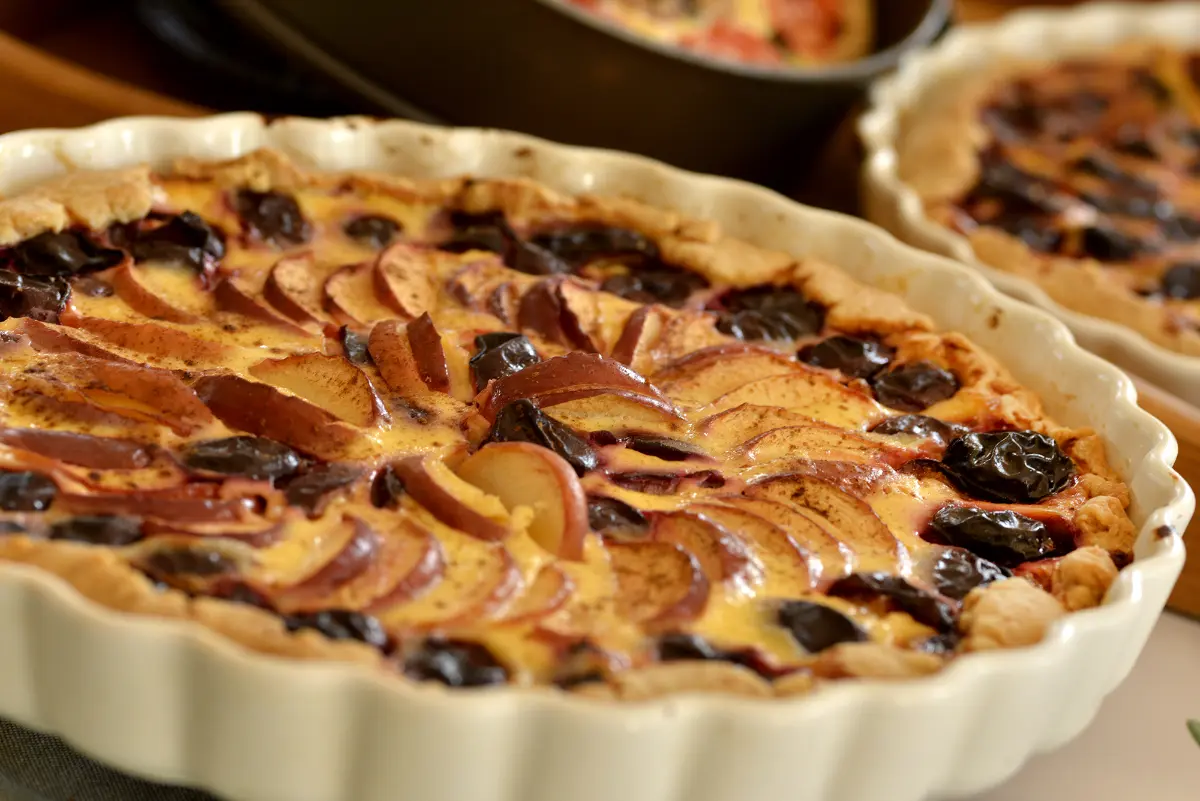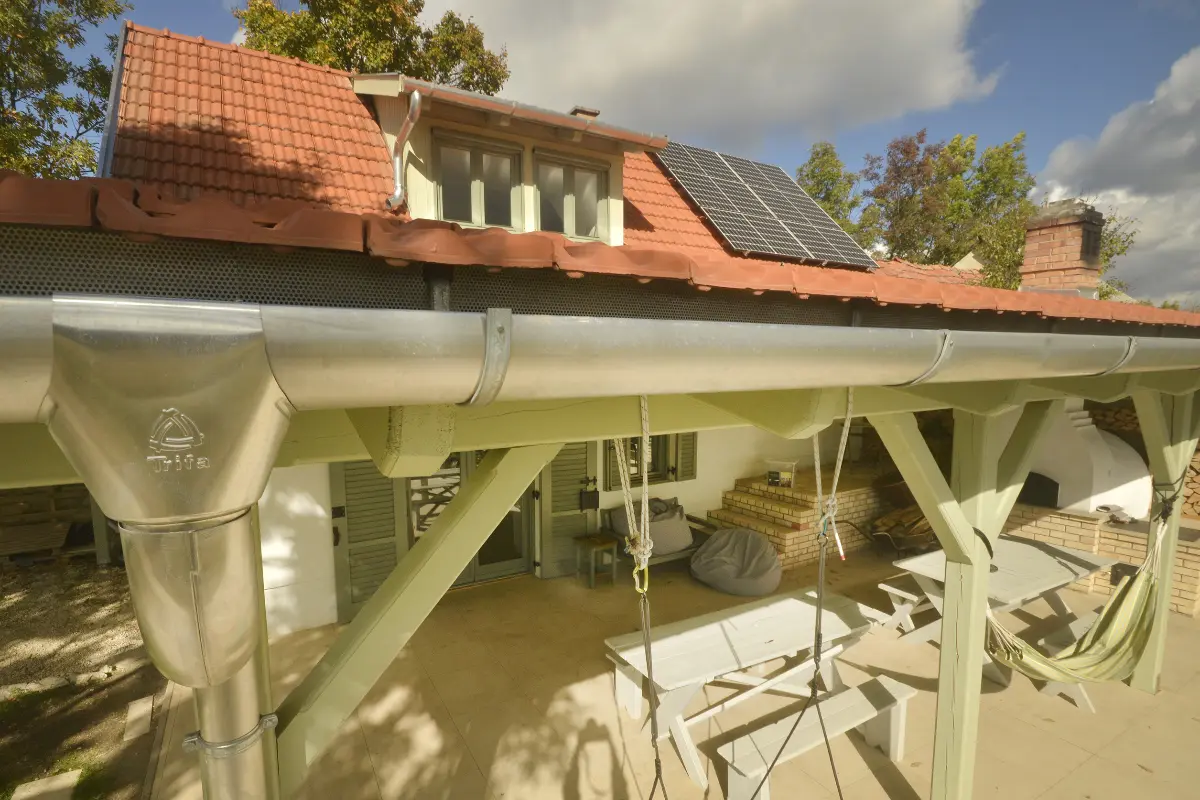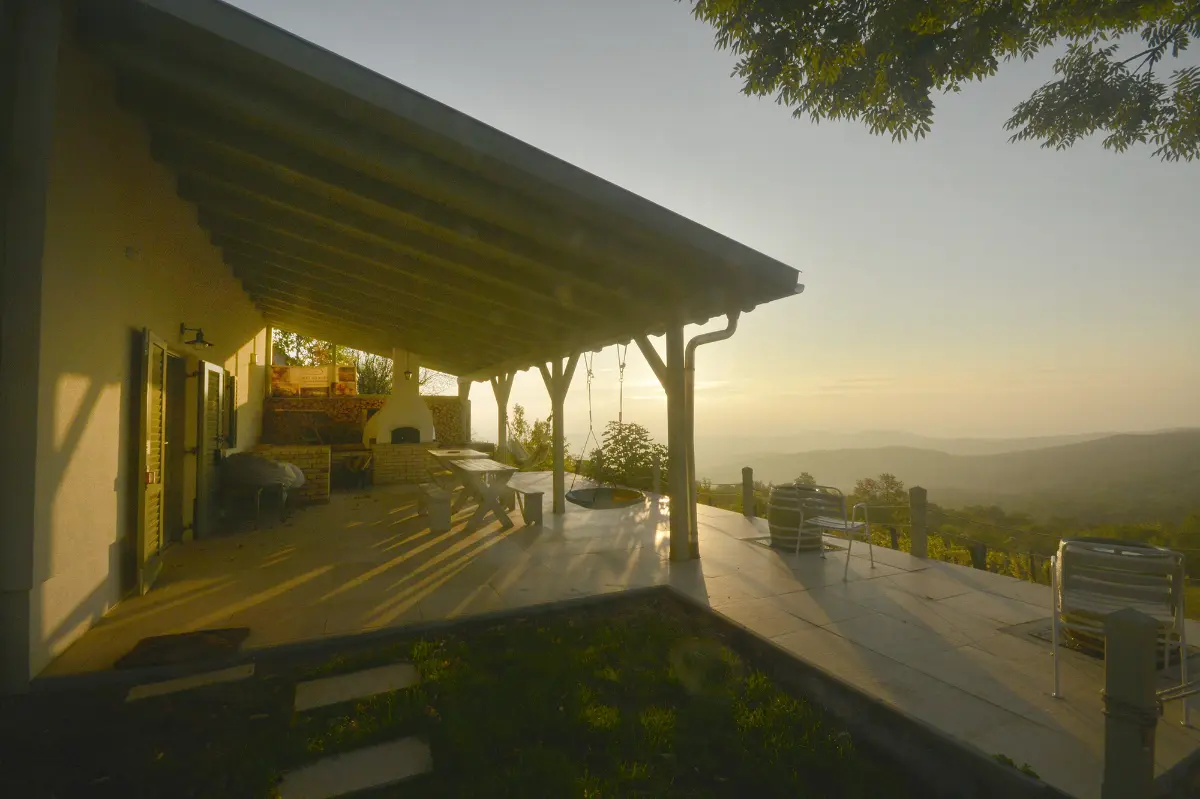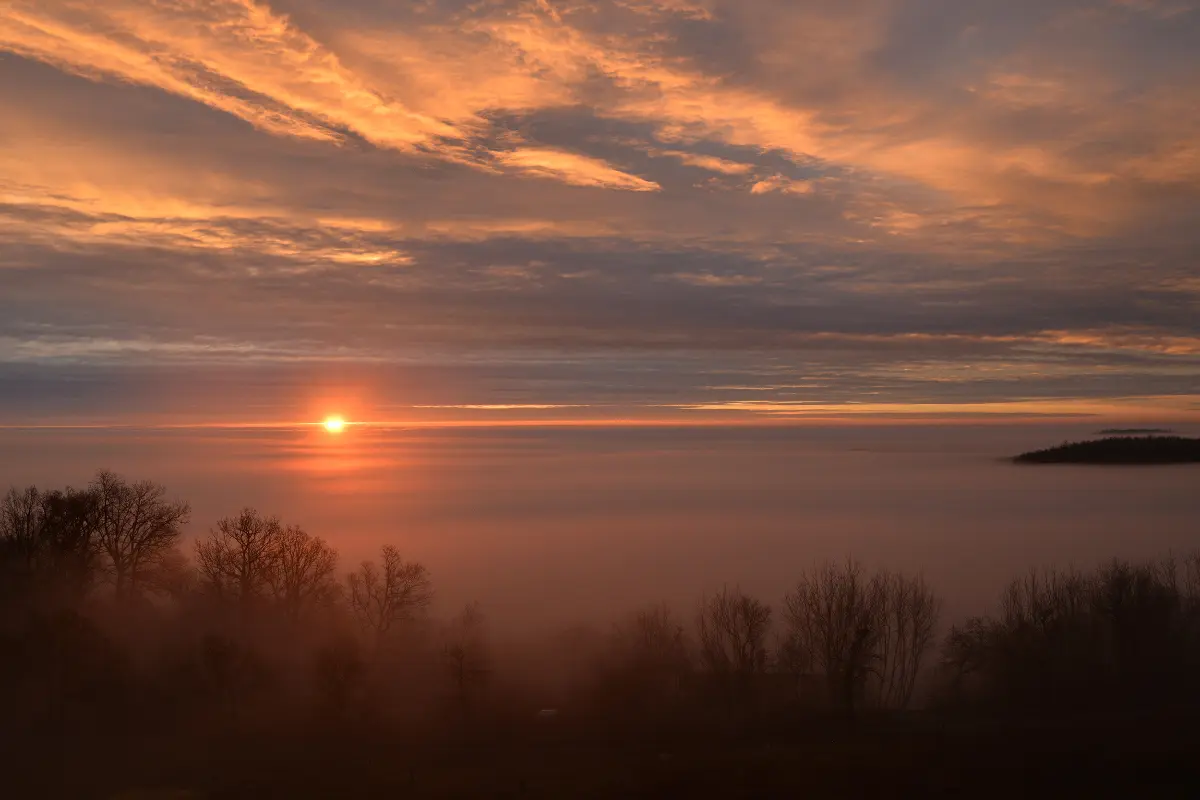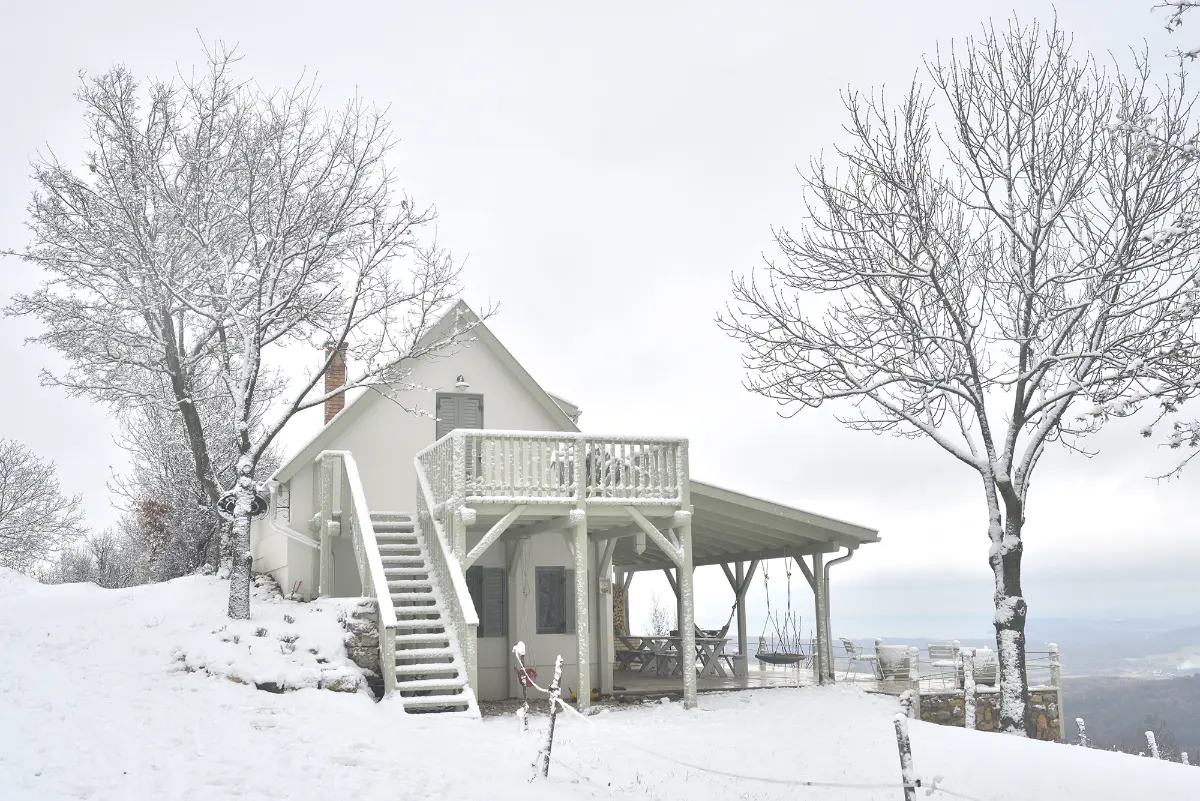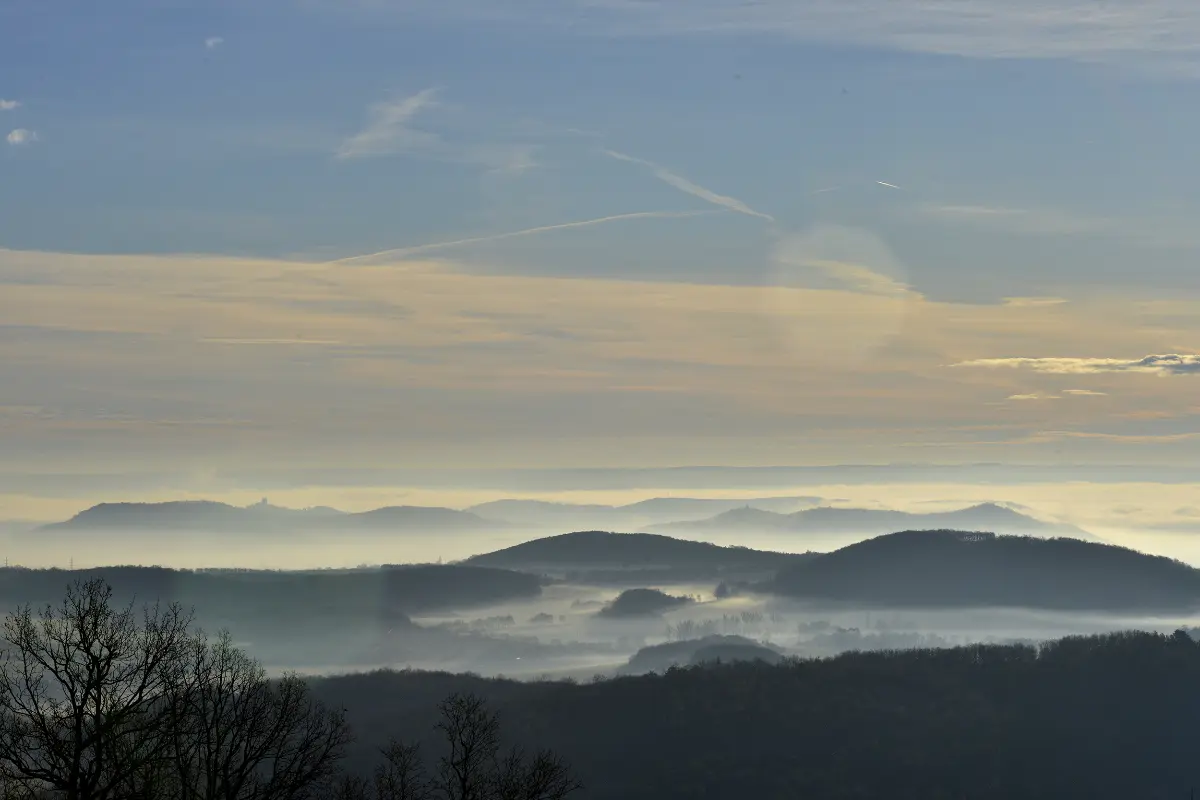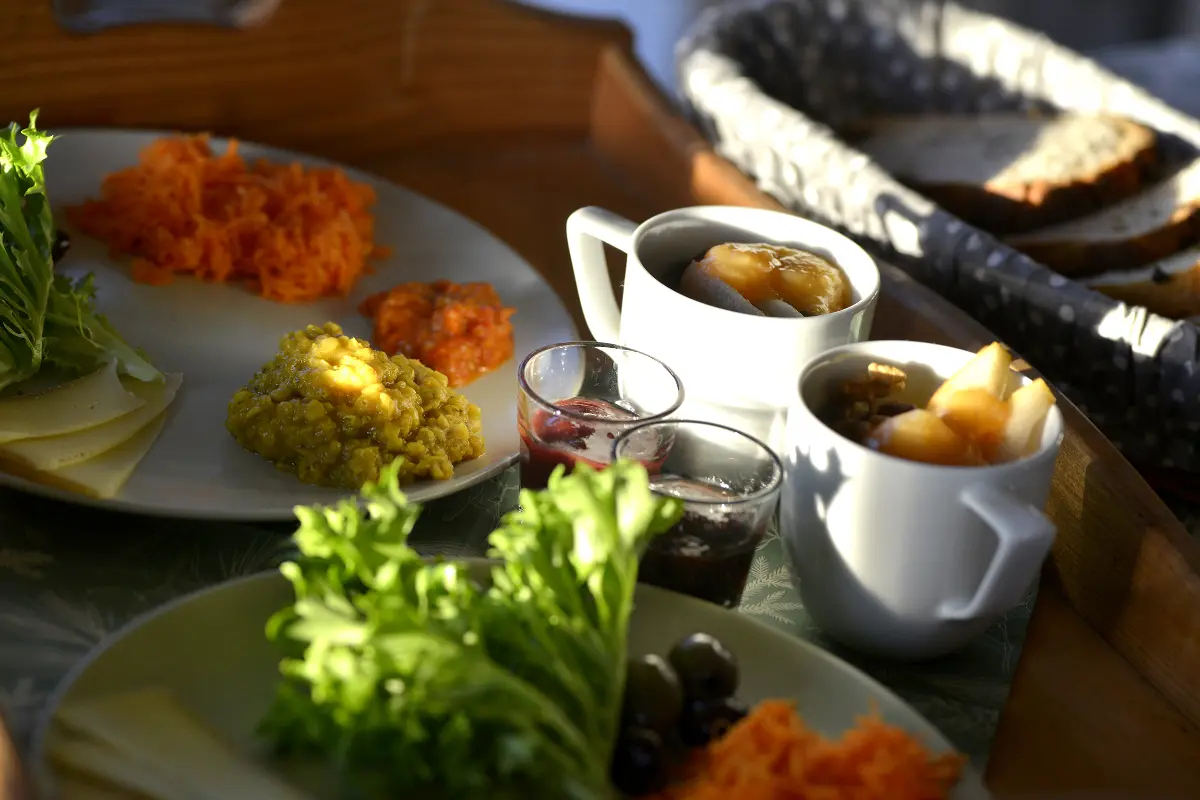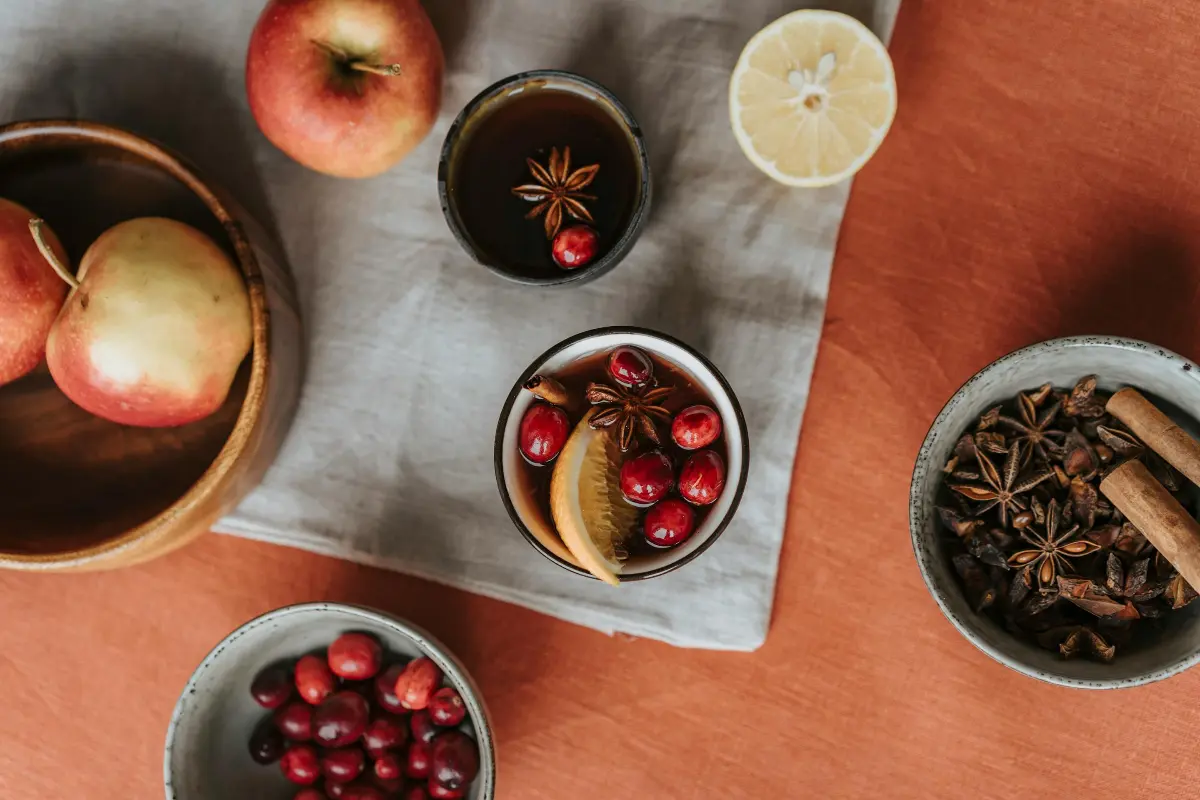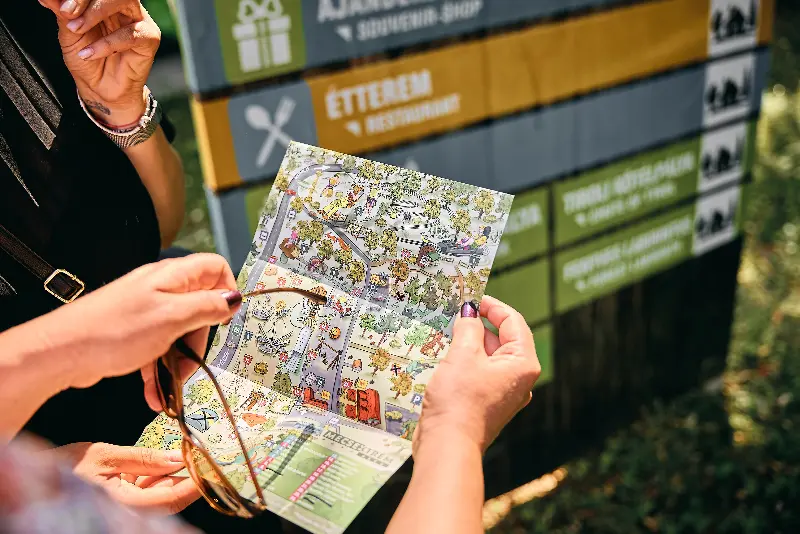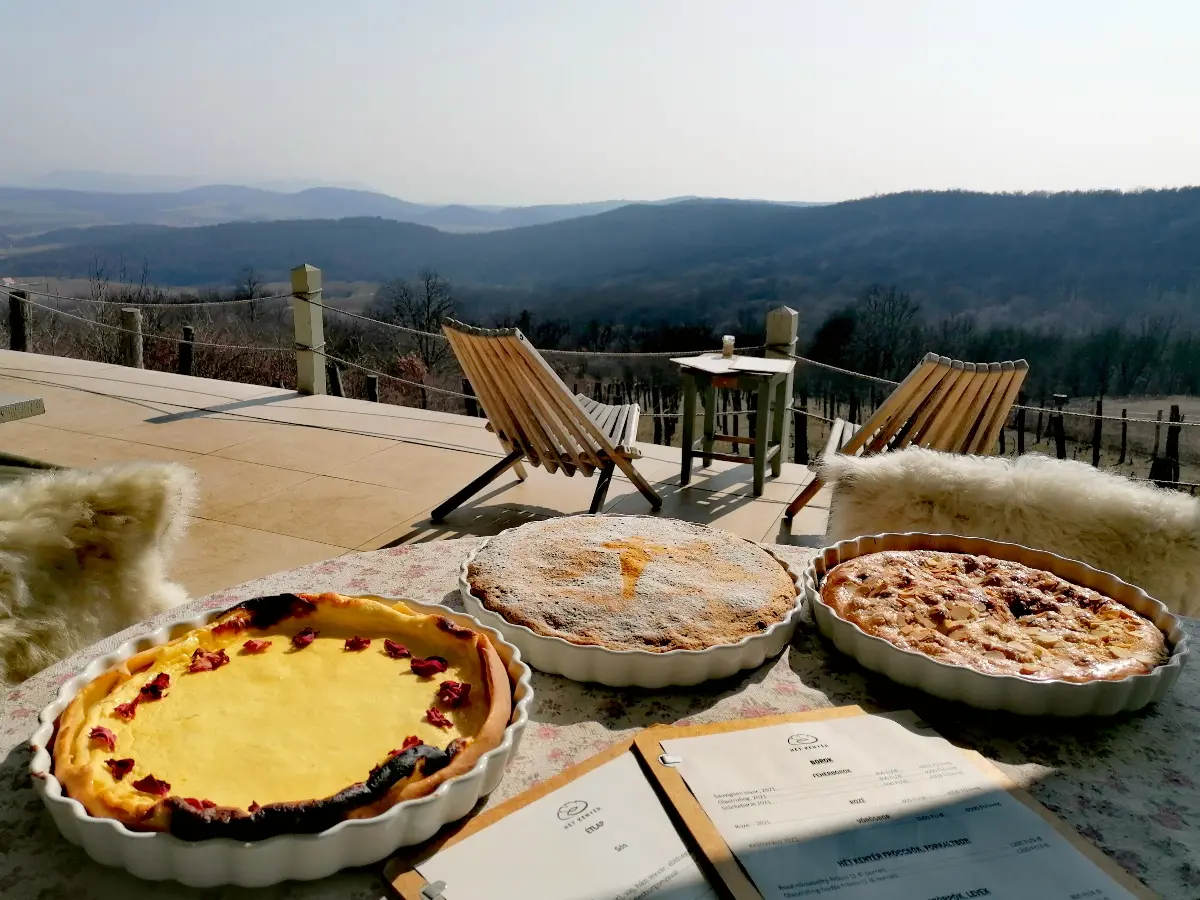
Helyszín címkék:
“We follow God’s voice, and we love living relying solely on Him”
Szabó Sára
Man is not living in harmony with nature. This is increasingly true. How can architecture effectively react to this alienation?
Man is not in harmony with nature as he is not in harmony with God. First of all, we must restore that relationship and only then can we be reunited with nature. We eviscerate, destroy and deplete all that God entrusted to our care. This kind of excess is frequently displayed in the Balaton Uplands. People visit this region and leave the capital for the atmosphere of vineyards, local flavours, and the panoramic views, but meanwhile, imperceptibly, they start turning it into the place they were running from. Architecture is only a tool, real change starts in the minds.
You represent environmentally and energy conscious architecture. These expressions are so trite that they have become meaningless for us. What does this approach mean to you?
I have wanted to be an architect since the age of ten and I understood quite early that I would like to represent an environmentally and energy conscious approach. I wanted to plan houses that do not burden the environment and that can co-exist with nature. When I went to university and there was no sign of green architecture, university lecturers frequently smiled at my aspirations. Fortunately, since then, renewable energy and environmentally-friendly building materials have become increasingly widespread yet they often lack the different approach that makes these solutions truly authentic. For me, a house is truly “green” once it’s independent from the networks, thus it’s self-sufficient (which actually means that it only relies on nature, thus God), its building materials don’t burden the environment and the people living in it don’t forget that eco-awareness doesn’t start at the walls, but with the attitude.
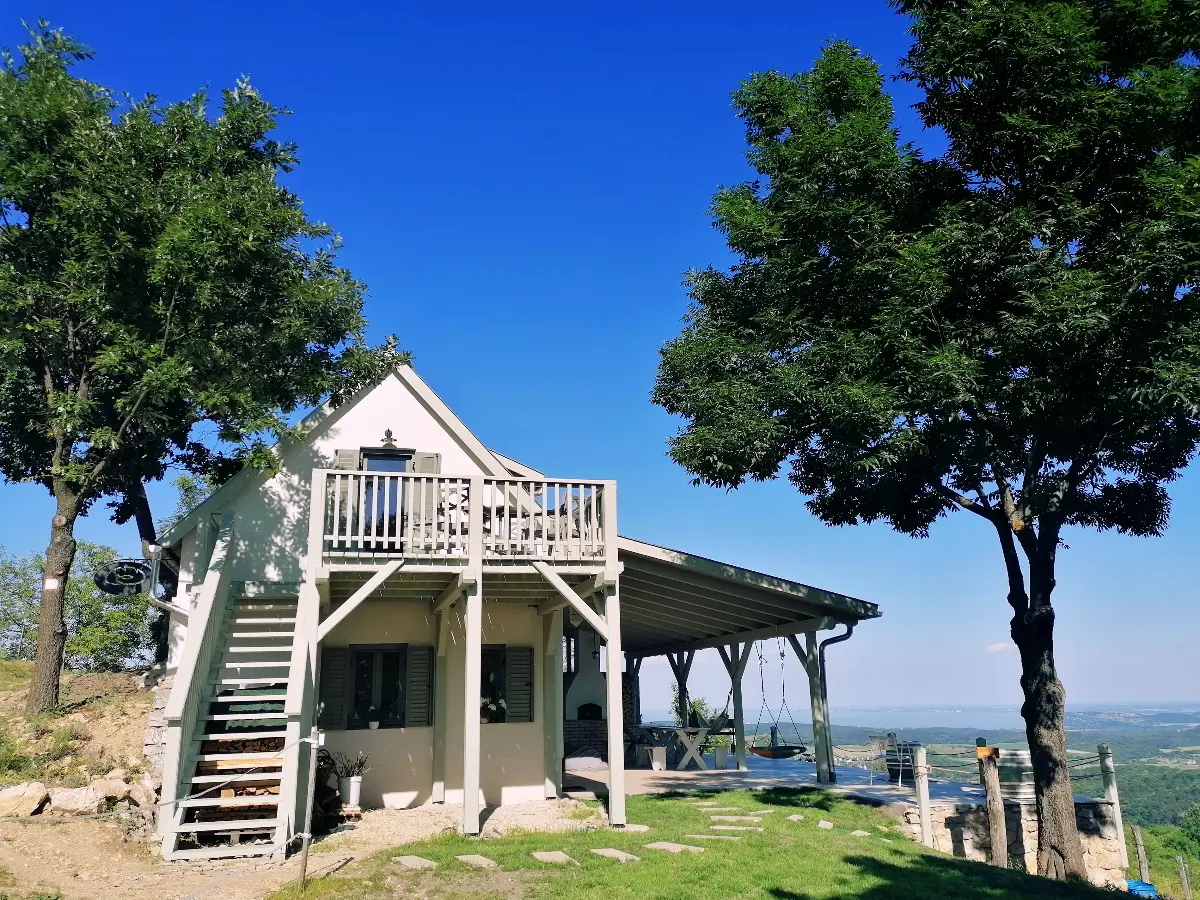
An eco-house is useless to someone who sits in an S.U.V. to pop down to the mall to buy cashews, mineral water and apples packed in trays. This makes no sense.
Tell me about this kind of lifestyle and your autonomous house.
Our house is located in a wonderful protected area of the Balaton Uplands, north of Pécsely, on a vineyard, at the edge of the forest, in a place that is difficult to reach by car. We produce the electricity we need using solar panels and we store it in batteries. We collect rainwater in cisterns that is forwarded to the house after proper cleaning. All this is provided by nature, thus our everyday life is strongly determined by nature. If the sun is not shining, we use much less electricity and in recent, droughty times we regard water as a treasure.
The feeling of comfort. Many think that we have to give this up if we try living without utilities. Is this true?
Comfort has a different meaning for everyone. We feel we live in luxury, while for others this kind of lifestyle would be unbearable: carry in the wood, pay attention to the water level and save electricity in the winter, that often isn’t available at all on overcast days.
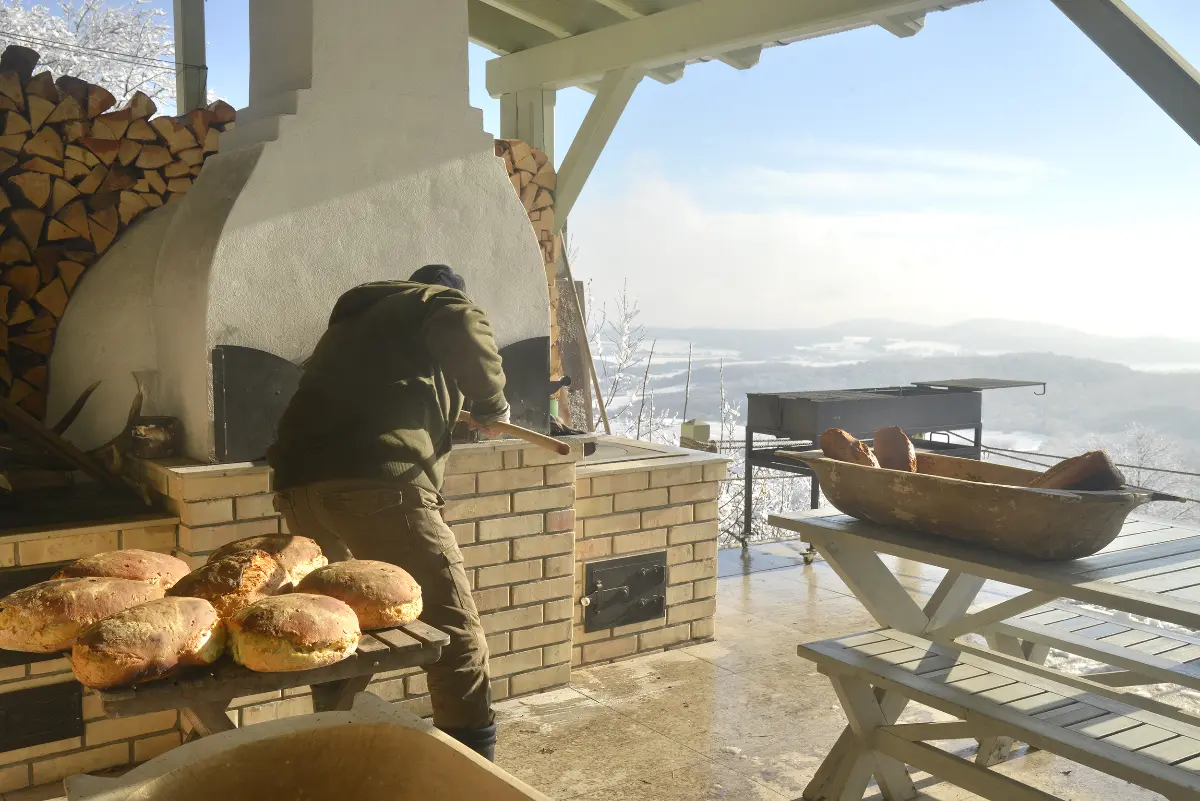
Next to your house you have a real artisan bakery, the Seven Breads Pilgrim Bakery, where your husband, István Bodor bakes sourdough and potato breads, and you also have a guesthouse, the Seven Breads Eco Guesthouse. What does a day in your life look like?
Every day is different, the weather has a strong effect on us. On the first days of the week, the focus is on architectural work, and we do the seasonal agricultural tasks. Our tasks include vine cultivation, planting-pruning-watering fruit trees, creating and maintaining a deep mulch garden, processing the produced vegetables, while also managing the guesthouse and serving the guests. If we have time, we make soaps and collect herbs that we use for various purposes. On Fridays, we bake bread, and on Saturdays when the weather is nice, our bakery’s terrace is open: that’s all we focus on that day. Visitors can take part in bread baking workshops and we organise occasions when we present our utility-free lifestyle in practice, while also raising our two small children, which is perhaps the biggest task of all.
Is there still room for improvement?
Yes, God always shows us the next step: in the spring we plan to buy animals and we will have goats and therefore goat milk products and we would also like to produce our own eggs.

